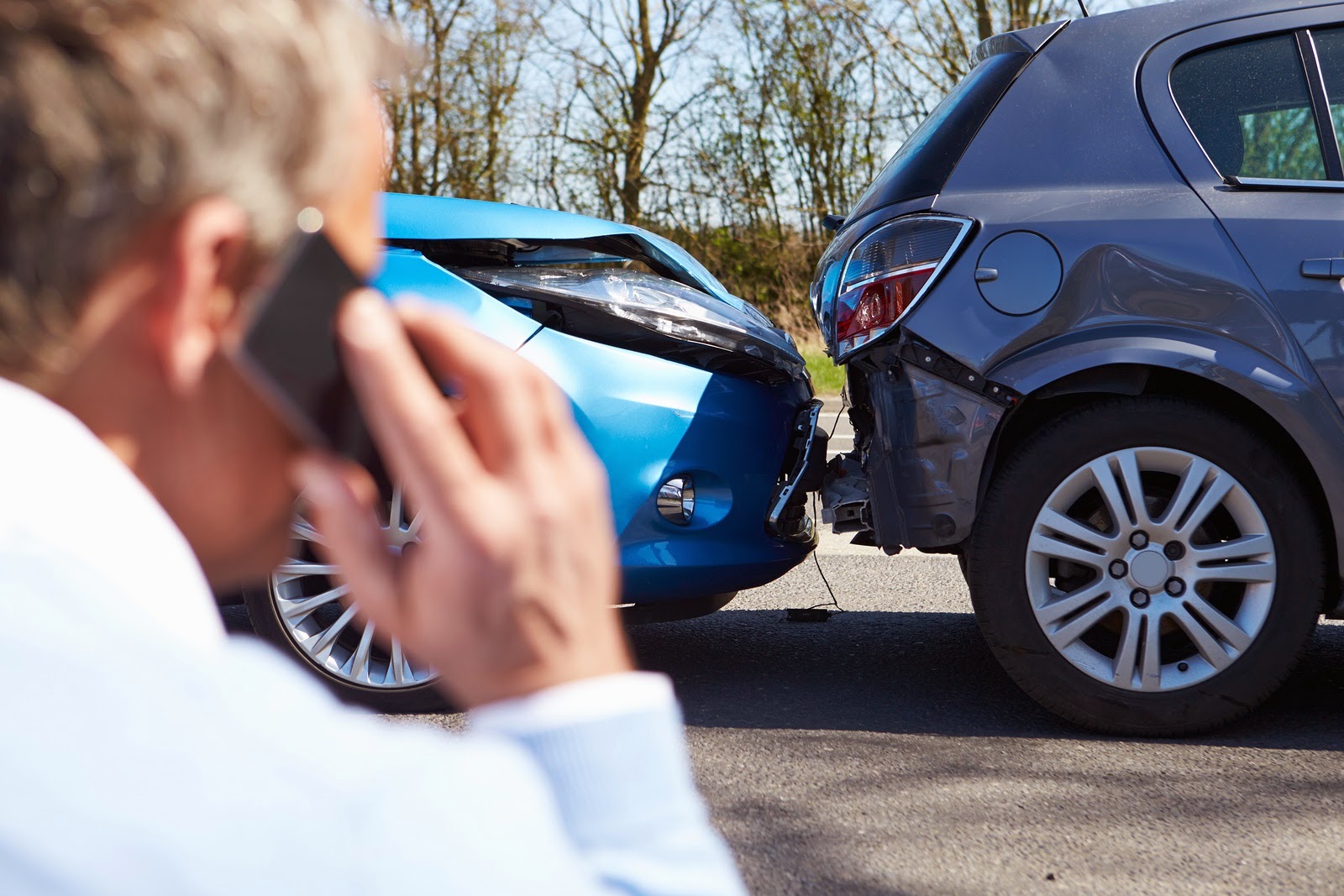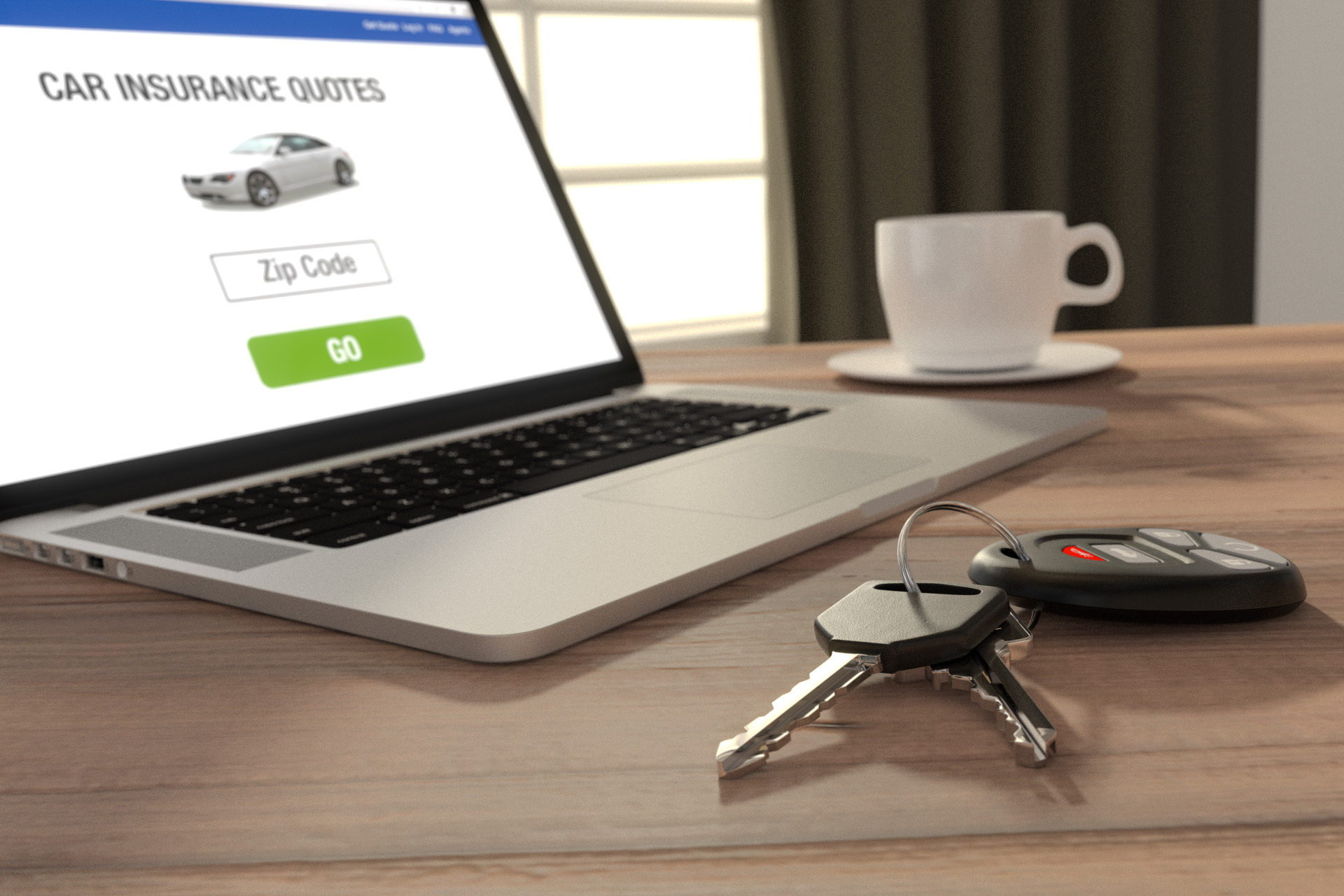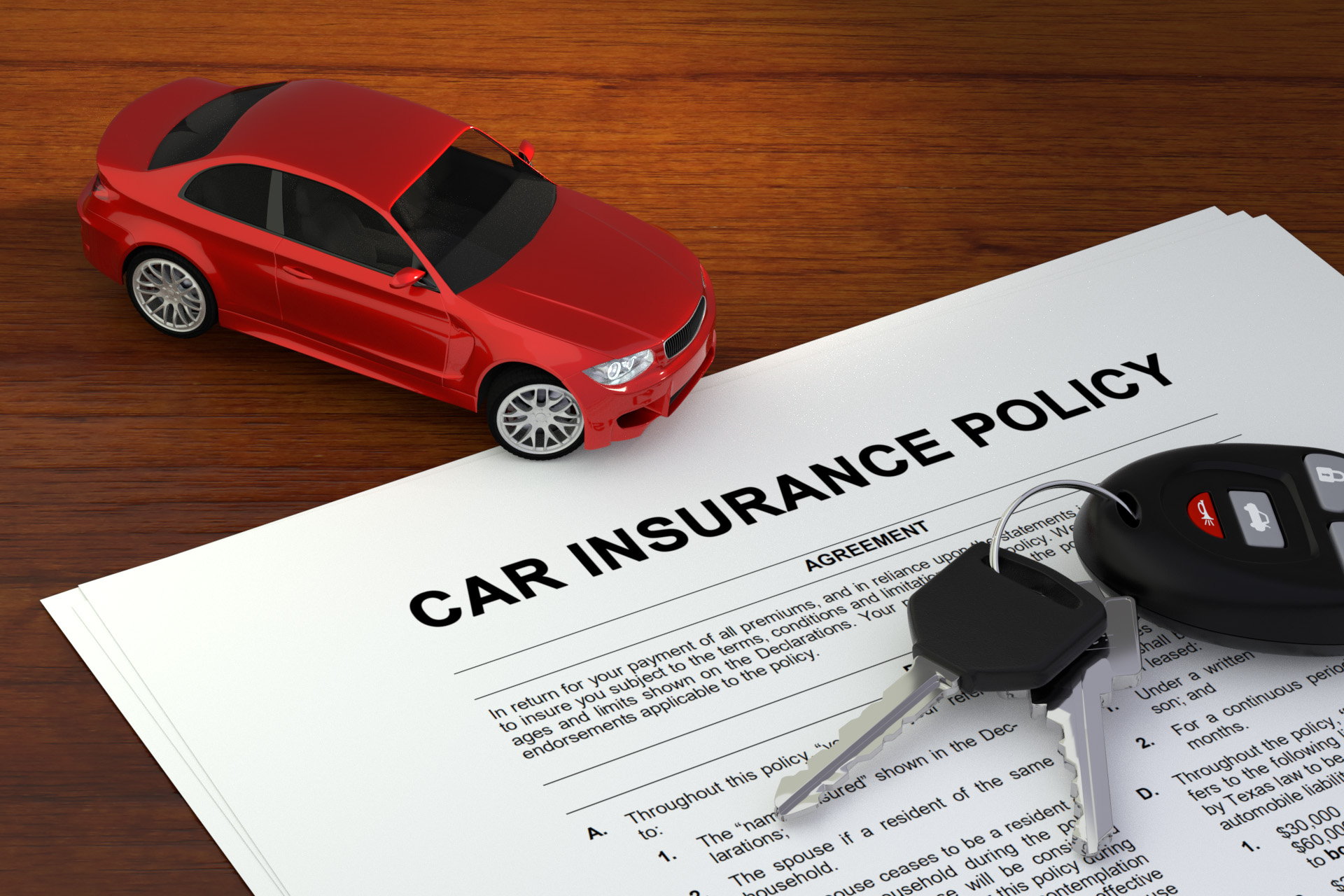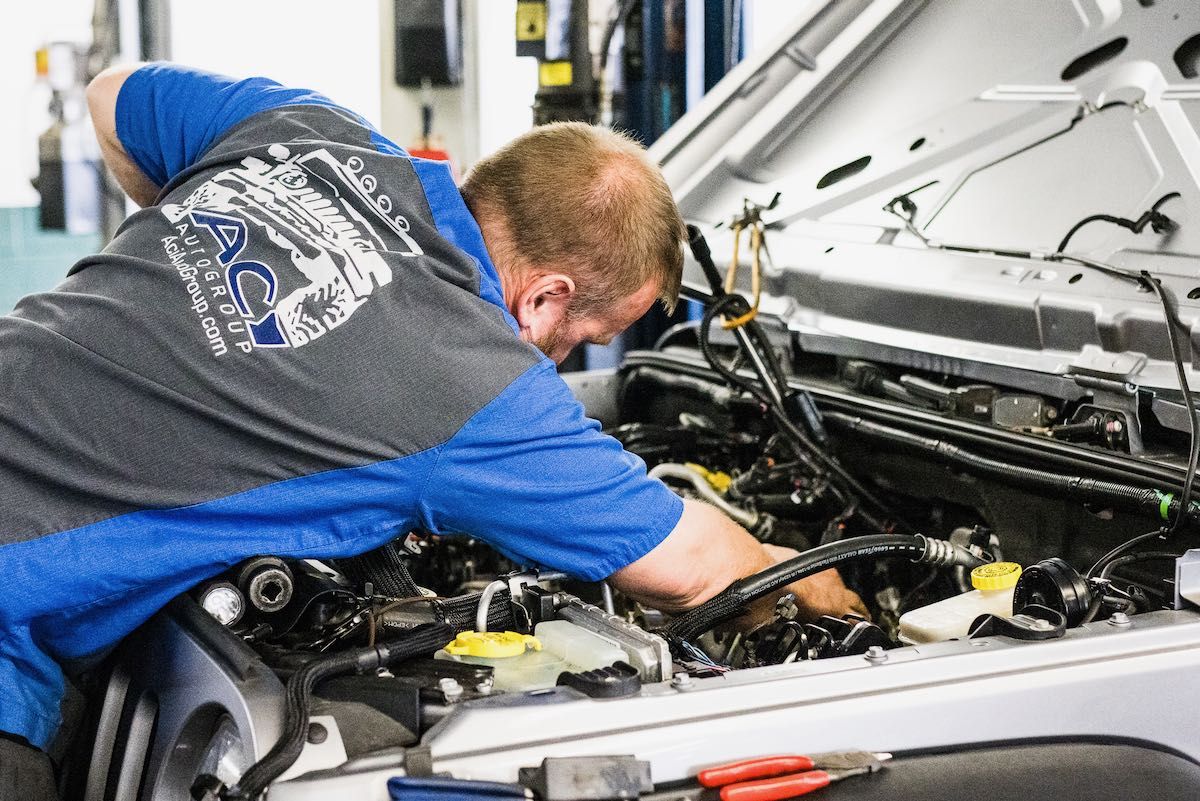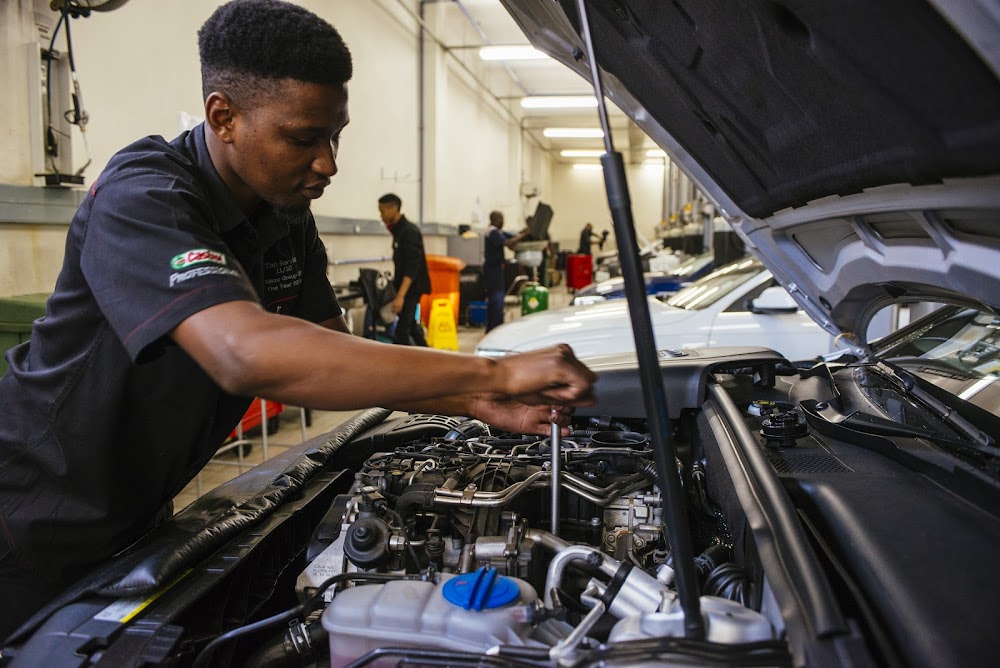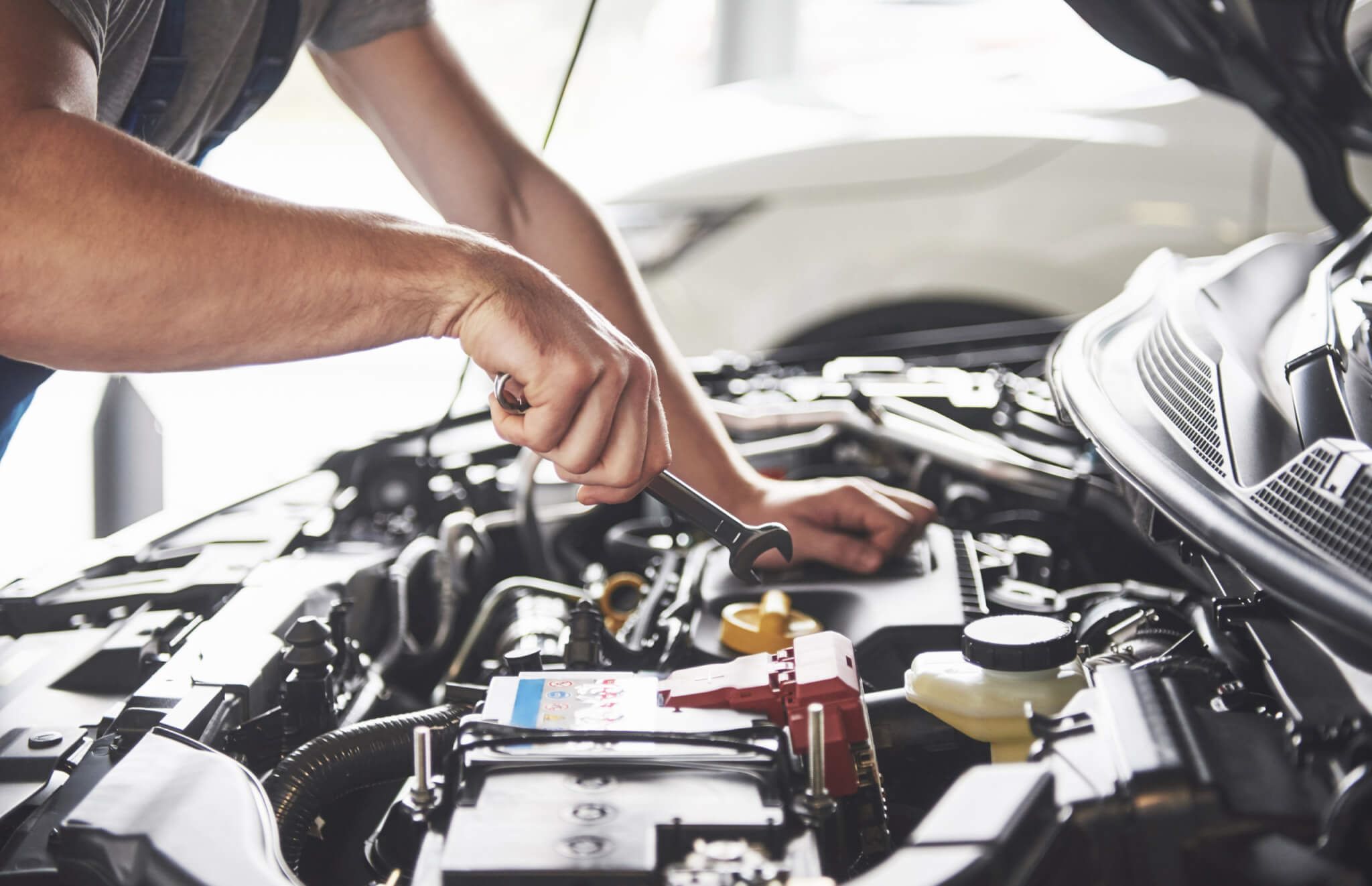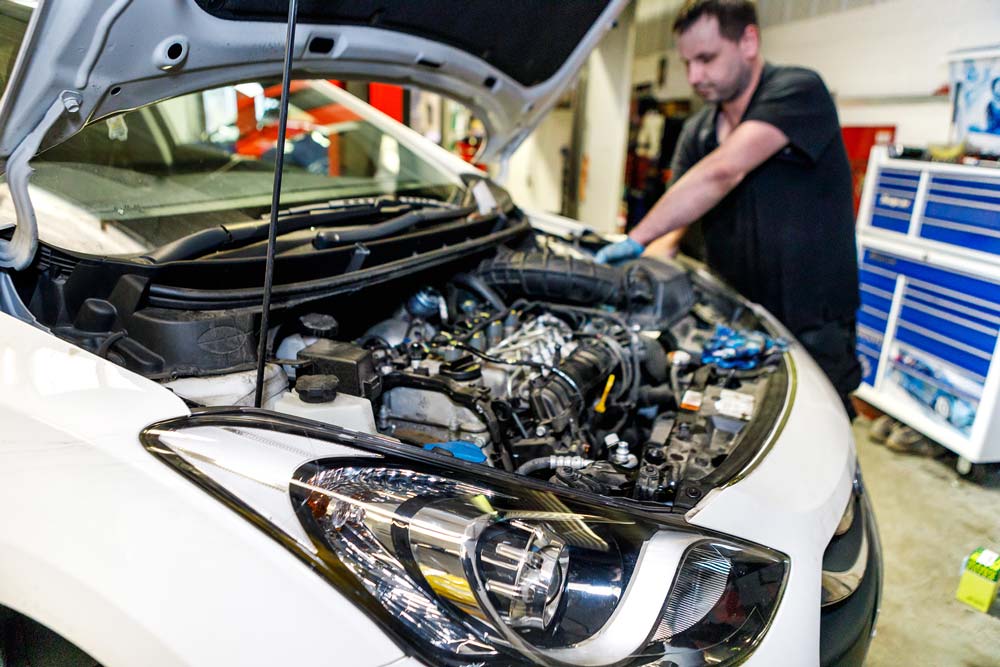As a car owner, it’s important to know how to identify and troubleshoot common engine problems. While some issues may require the expertise of a mechanic, many problems can be solved with a little knowledge and some basic tools. In this article, we’ll provide a guide to help you diagnose and fix some of the most common engine problems.
- The engine Won’t Start
If your engine won’t start, it could be due to a variety of reasons. First, check the battery to ensure it has enough charge to start the engine. If the battery is fine, the issue may be with the starter motor or the ignition system. In this case, you may need to have the car towed to a mechanic for further diagnosis and repair.
- Engine Misfires
An engine misfire occurs when one or more cylinders fail to ignite. This can cause a rough idle, poor acceleration, and decreased fuel efficiency. The most common causes of misfires are faulty spark plugs, ignition coils, or fuel injectors. Replacing these components can often solve the problem.
- Engine Overheating
If your engine is overheating, it’s important to address the issue immediately to avoid causing damage to the engine. The most common causes of engine overheating are low coolant levels, a malfunctioning thermostat, or a damaged radiator. Check the coolant levels and replace any damaged components as necessary.
- Engine Stalls
An engine stall can be caused by a variety of issues, including a clogged fuel filter, a malfunctioning fuel pump, or a faulty ignition system. Check the fuel system and ignition components to determine the cause of the stall, and replace any damaged parts.
- Engine Vibrations
If your engine is vibrating excessively, it could be due to a misaligned or damaged timing belt, worn engine mounts, or a faulty harmonic balancer. Check these components and replace any damaged parts to eliminate the vibration.
- Engine Oil Leaks
Oil leaks can be caused by a variety of issues, including damaged gaskets, worn seals, or a damaged oil pan. Check these components and replace any damaged parts to eliminate the leak. It’s important to address oil leaks promptly to avoid damaging the engine.
In conclusion, being able to identify and troubleshoot common engine problems is an important skill for car owners. While some issues may require professional assistance, many problems can be solved with basic knowledge and tools. By following the tips in this article, you can save money on repairs and ensure the longevity of your vehicle.
